Paul Gilbert: the 10 records that changed my life
"I loved those early Beatles albums when they were sort of inventing power pop"

Paul Gilbert: the 10 records that changed my life
Paul Gilbert is widely revered as being one of the globe's leading guitar virtuosos, his genre-bending versatility going hand-in-hand with the often frighteningly intense speed of his playing.
As well as making his mark as lead guitarist in both Racer X and Mr Big, Gilbert has also released a jaw-dropping 13 solo albums in just the past 16 years. And aside from writing, recording and performing music, Paul also regularly tutors other budding players through his Online Rock Guitar School. Hats off.
Here, the Mr Big axe supremo sorts through the 10 key records that helped make him the guitar player he is today…
Mr. Big’s new album ...The Stories We Could Tell is out now on Frontiers Records. Further info: www.mrbigsite.com and www.frontiers.it.
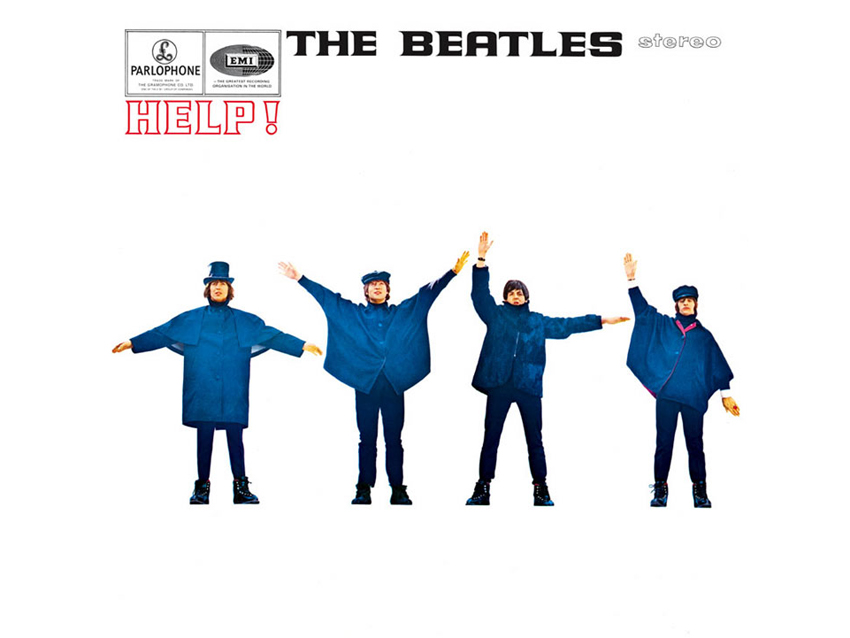
The Beatles - Help! (1965)
“The first is going to have to be Help! by The Beatles. There are such great melodies on it like on (the title track) Help!, The Night Before and Another Girl.
"I played a lot of air guitar to that album and also to A Hard Day’s Night when I was just four or five years old. I loved those early Beatles albums when they were sort of inventing power pop.”
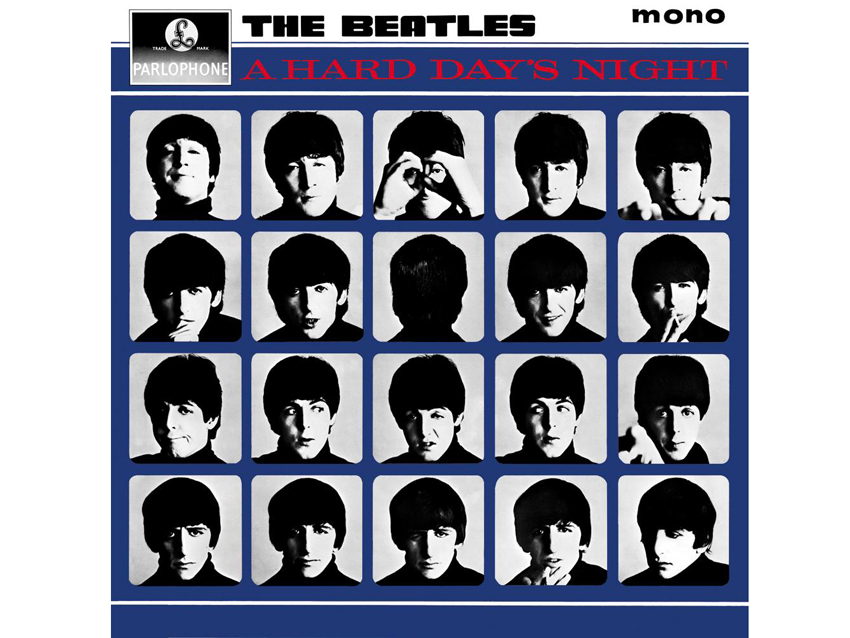
The Beatles - A Hard Day's Night (1964)
“This album and Help! made me want to be a musician. I didn’t know what instrument I wanted to play but I knew that I wanted to be a musician and all that came from my parents’ Beatles records.
"They had a lot of great albums but The Beatles just resonated with me the most. At first I wanted to be a singer and – for maybe my fifth birthday – I got a little cassette player and I recorded myself singing and I listened to it back and it was incredibly disappointing because I didn’t like the way my voice sounded, so I thought, ‘Well, maybe I should play an instrument then…’”
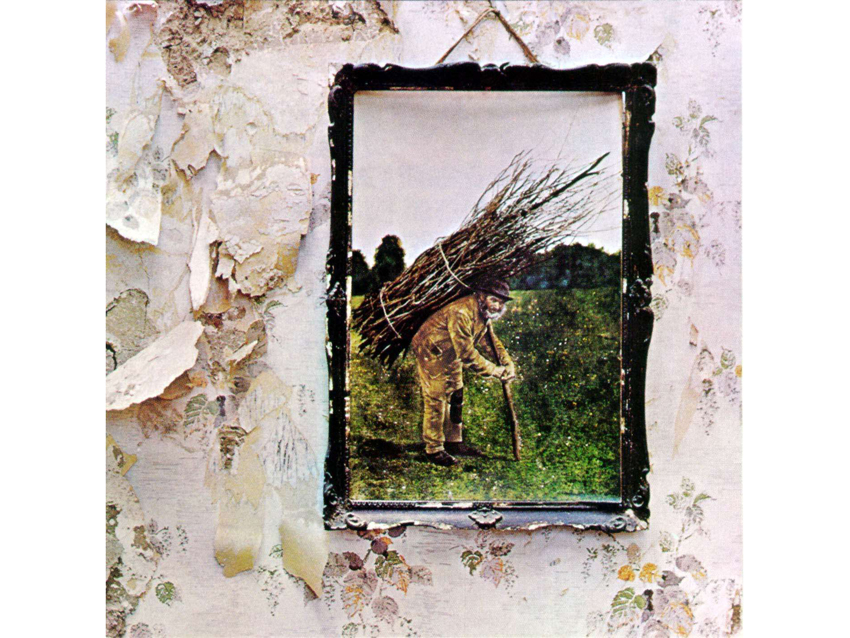
Led Zeppelin - Led Zeppelin IV (1971)
“That one I got right when it came out and, again, I was probably five years old. I was pretty young when I got it but that was when I first started to really notice the guitar.
"With The Beatles, I was really more interested in the vocals and just the overall sound but Led Zeppelin got me listening to the guitar a bit more (although I loved the vocals as well).”
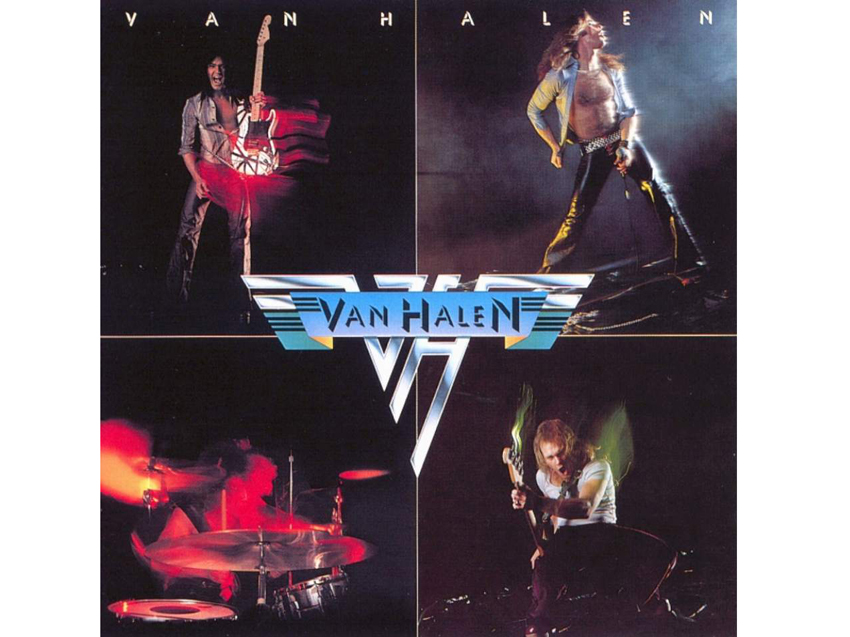
Van Halen - Van Halen (1978)
“Next would have to be Van Halen I although I could really list off the first six Van Halen albums because those were all basically my bible for a few years! They were so important to me as a guitar player. I was learning all the guitar parts.
"One of the things I also loved was that Alex Van Halen, the drummer, played so different to the way everyone else was playing back then. Van Halen was really loose, the hi-hat was open and they just sounded more live.”
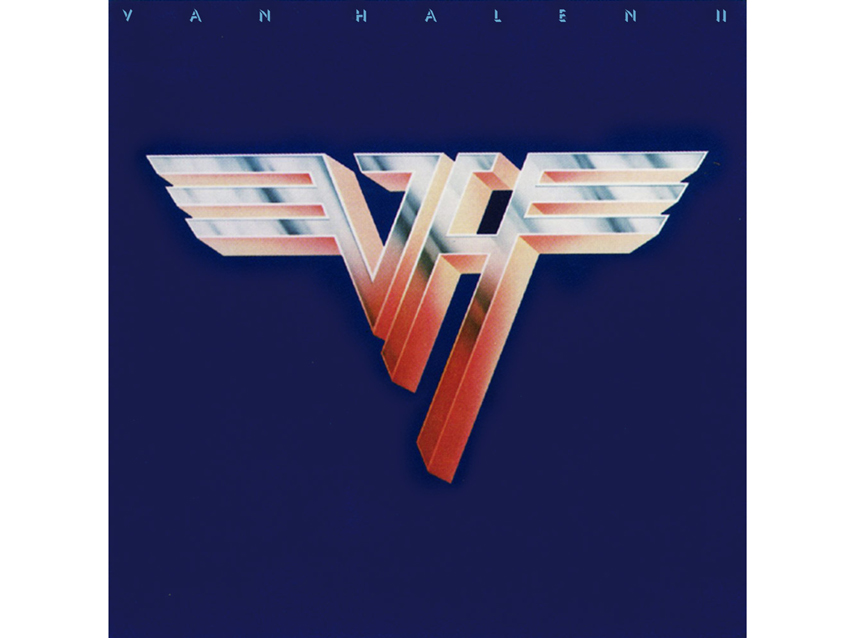
Van Halen - Van Halen II (1979)
“I bought Van Halen II the day it came out and just learned everything on the record straight away. It was a great time to be 13 years old when those early Van Halen albums were coming out – they were just blowing everybody’s mind!
"Out of all the bands that I loved then, I was preferring live albums to the studio albums but Van Halen had studio albums that sounded like live albums. There weren’t really overdubs – just one guitar part that was able to drive the songs forward.”
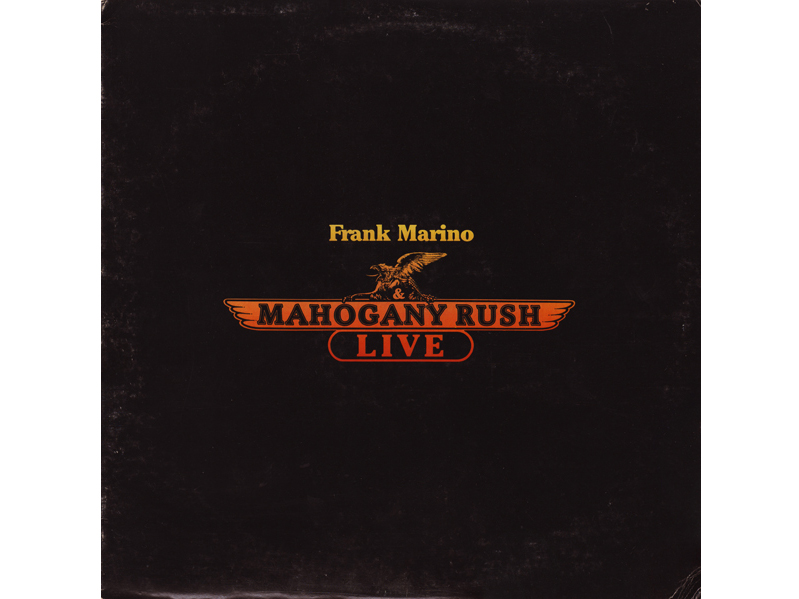
Frank Marino & Mahogany Rush - Live (1978)
“I think I first heard Frank Marino because there was a simulcast of a big festival called California Jam 2 and he was playing with Mahogany Rush and did a really amazing version of Purple Haze.
"I then got this Frank Marino record and listened to it all the time. It was a really important album for me. As I said, I always preferred live recordings and this album was one of my favourite live records of that time.”
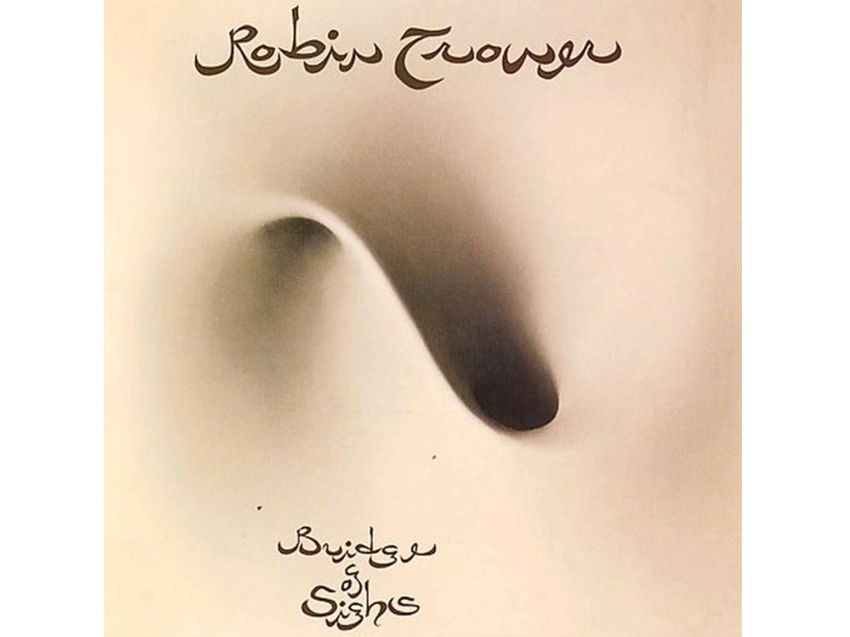
Robin Trower - Bridge of Sighs (1974)
“Both Robin Trower and Frank Marino were kind of accused of being Hendrix clones and, to me, there was certainly some element of Hendrix in their playing but they each had their own sound and their own feel. Plus, Hendrix wasn’t around anymore so I would welcome anybody who could provide more of that kind of sound and that kind of feel.
"Even if someone was a Hendrix clone, I’d still like them – ‘we need more Hendrix!’ But Robin Trower’s Bridge of Sighs record was stunning.”
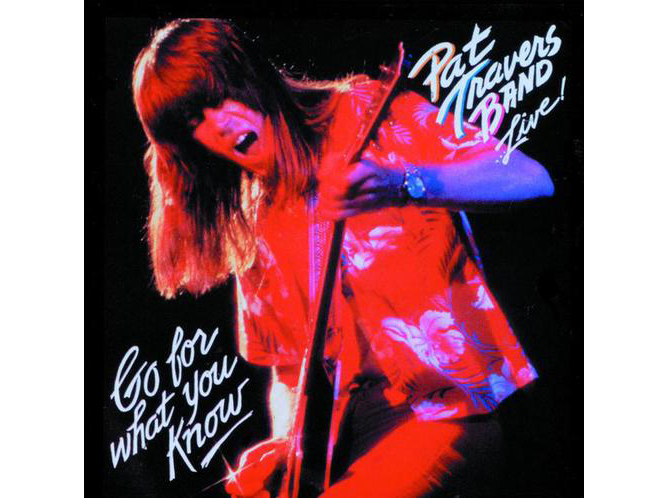
Pat Travers Band - Live! Go for What You Know (1979)
“This album featured Pat Travers on guitar, of course, but also another guitar player named Pat Thrall. They did a lot of back and forth guitar battles on this record. I must have been about 12 years old when I got this but it came back years later… and kind of saved me from becoming an Yngwie clone!
"I used to jam with Bruce Bouillet when we were in Racer X together and he was such a better blues guitar player than I was. I ended up going to my Pat Travers album and ripping off some phrases and notes which were more bluesy than the Yngwie stuff.”
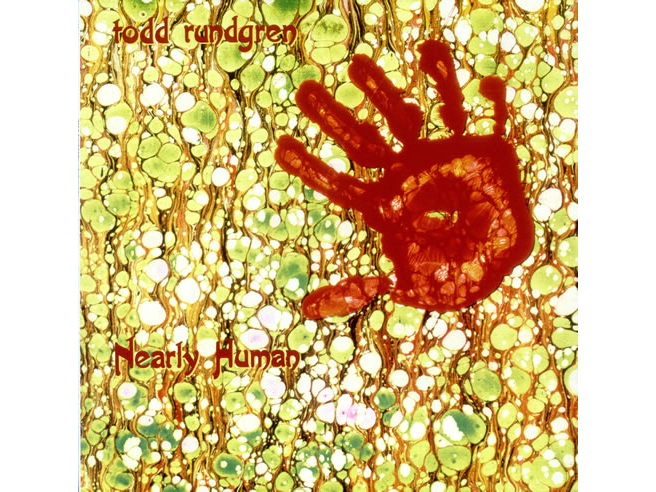
Todd Rundgren - Nearly Human (1989)
“I wish I could list ten of his albums but I’m going to list Nearly Human. It has a song on it called Hawking, which is about Stephen Hawking, the astrophysicist. I saw Todd on that American tour and he performed that song and it made me cry for the length of the song. That never happened to me before.
"What he was able to communicate in that song actually made me lose interest a bit in guitar because it got me much more interested in singing and song-writing and production, which was actually good. I needed some of that.”
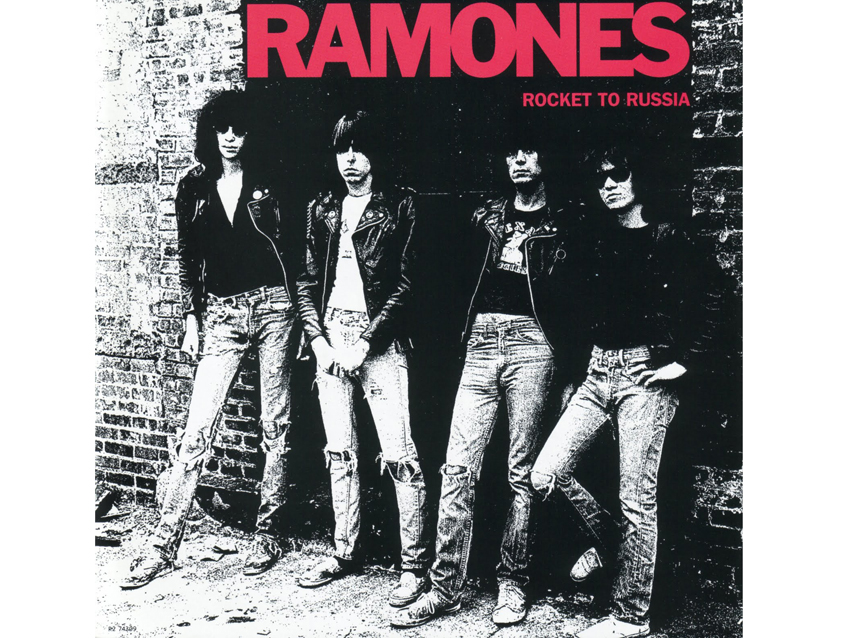
Ramones - Rocket to Russia (1977)
“That was an album that my Dad bought. I’d never heard of the Ramones but he put it on and I just loved it immediately. I could pick up a guitar and play every one of those songs all the way through right now. It was just a great album from start to finish.
"I think listening to the Ramones was a healthy balance for me when I was getting into muzoid stuff. I’d listen to Allan Holdsworth and Yngwie and people that were playing fast and complicated things. It was nice to have something primal and simple that kept me grounded!”

